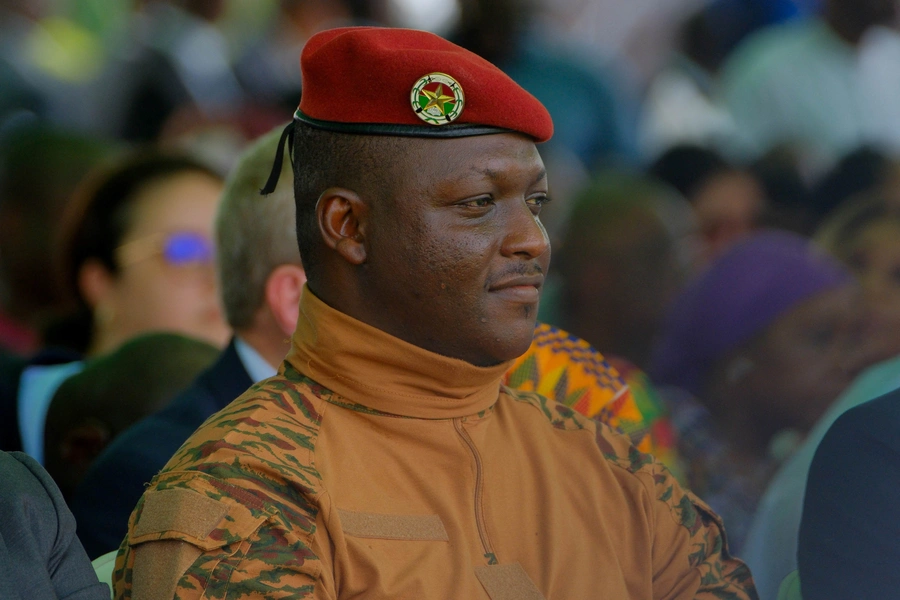
Across decades and borders, August 4 has emerged as a symbolic date etched in Africa’s political memory, representing revolution, reconciliation, conflict, and diplomacy.
On August 4, 1983, Captain Thomas Sankara led a military coup that overthrew the regime in Upper Volta.
The takeover marked the beginning of a bold socio-political revolution, with Sankara championing popular sovereignty, anti-corruption, and women’s emancipation.
Exactly one year later, on August 4, 1984, the nation was renamed Burkina Faso—“the homeland of upright men”—a title that captured the spirit of Sankara’s radical transformation.
A decade later, the same date witnessed a fragile hope for peace in Rwanda.
On August 4, 1993, the Arusha Accords were signed between the Hutu-led government and the Rwandan Patriotic Front (RPF).
Though seen as a significant diplomatic breakthrough, the agreement failed to avert the horrors of the 1994 genocide, which claimed hundreds of thousands of lives.
The symbolism of August 4 continued in 1998 with the launch of Operation Kitona in the Democratic Republic of Congo.
On that day, Rwandan and Ugandan troops, allied with Congolese factions, seized Kitona air base, igniting the Second Congo War.
The conflict would escalate into one of Africa’s deadliest, involving nine countries and leading to the deaths of millions.
More recently, on August 4, 2014, diplomacy took centre stage.
The United States hosted its first U.S.–Africa Leaders Summit in Washington, D.C., under President Barack Obama.
The event brought together 50 African heads of state and government, marking the largest gathering of its kind ever hosted by a U.S. president.
The summit focused on strengthening economic ties, promoting democratic governance, and deepening strategic partnerships between the U.S. and African nations.
From revolutionary change in Ouagadougou to diplomatic milestones in Washington, August 4 remains a landmark date in Africa’s ongoing journey through struggle, transformation, and global engagement.



